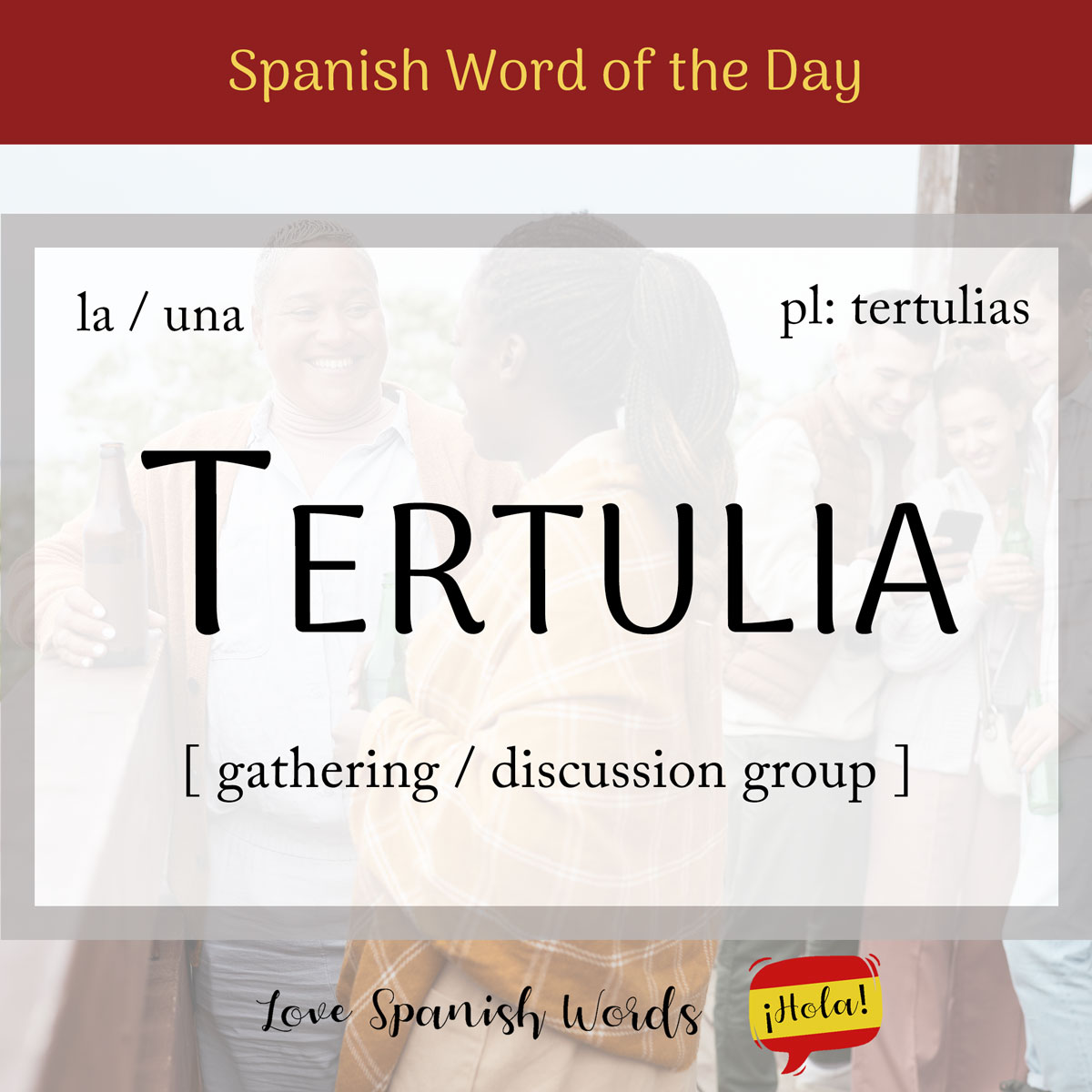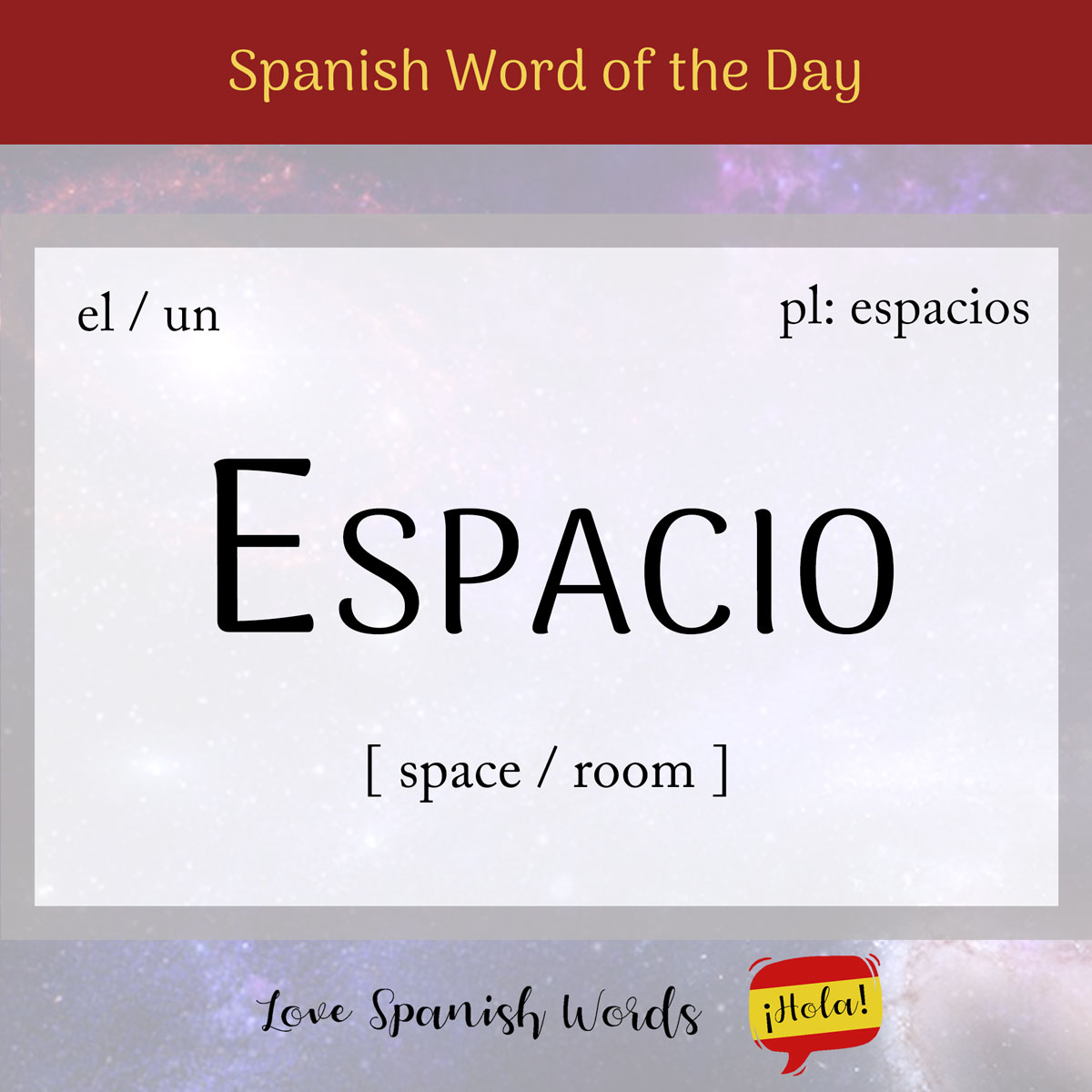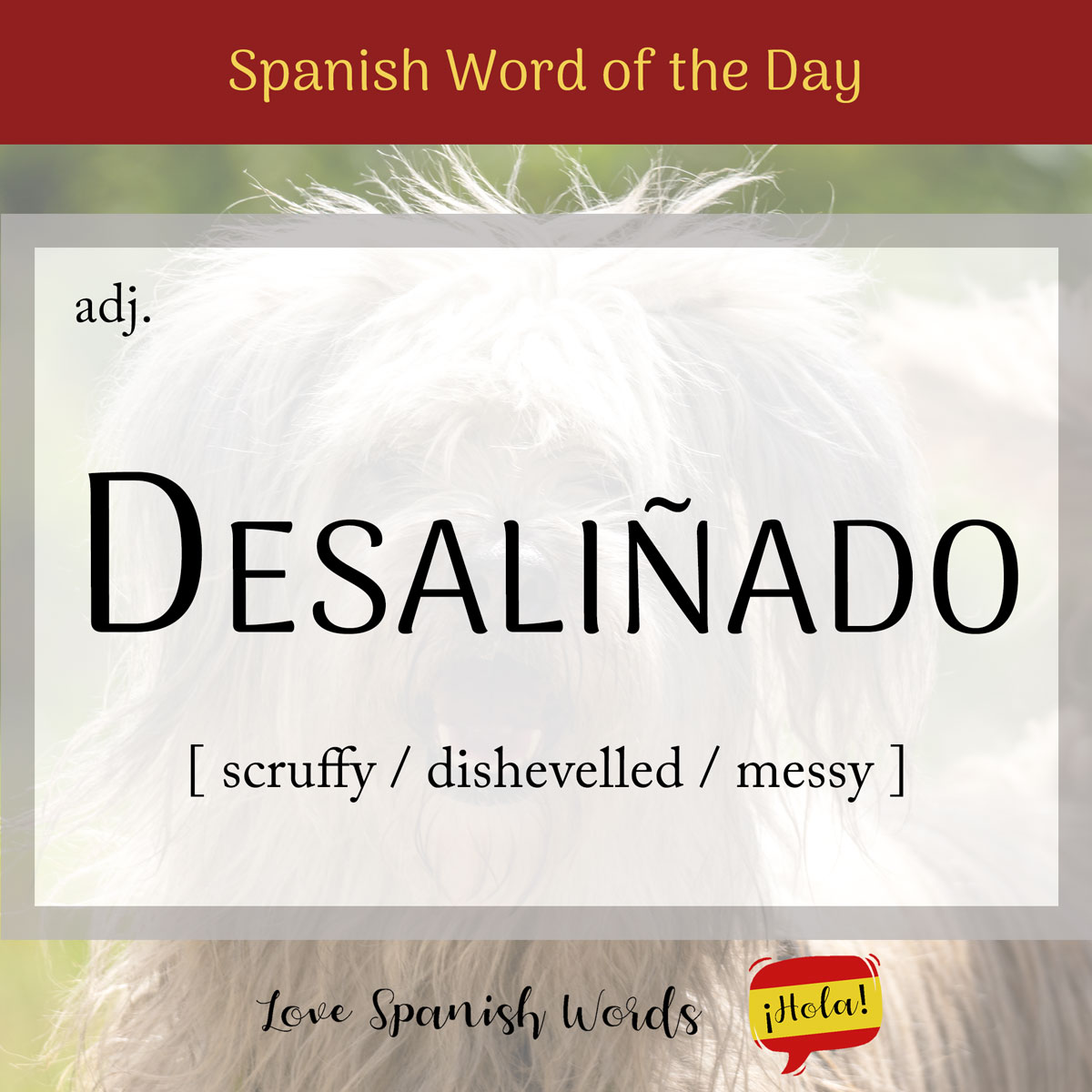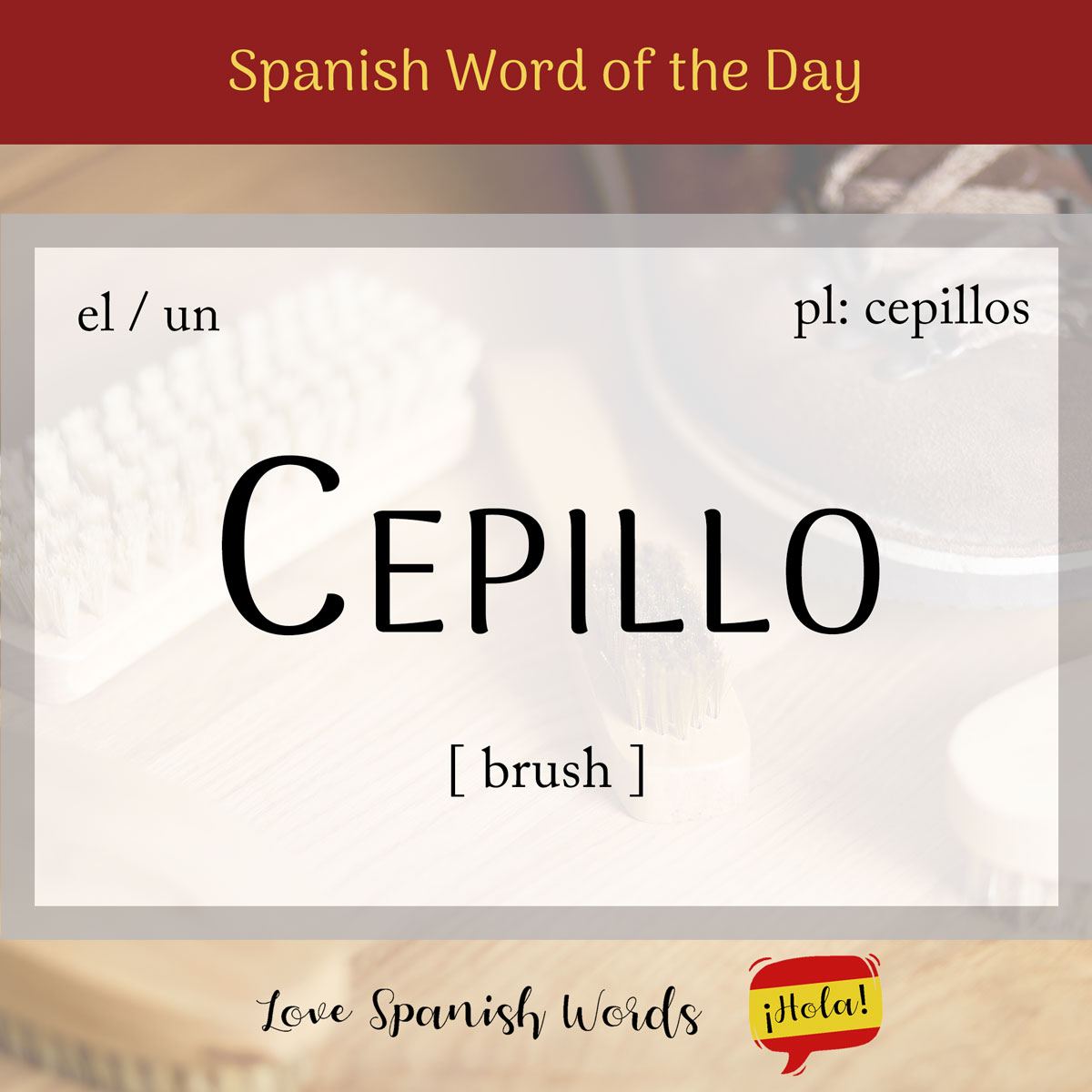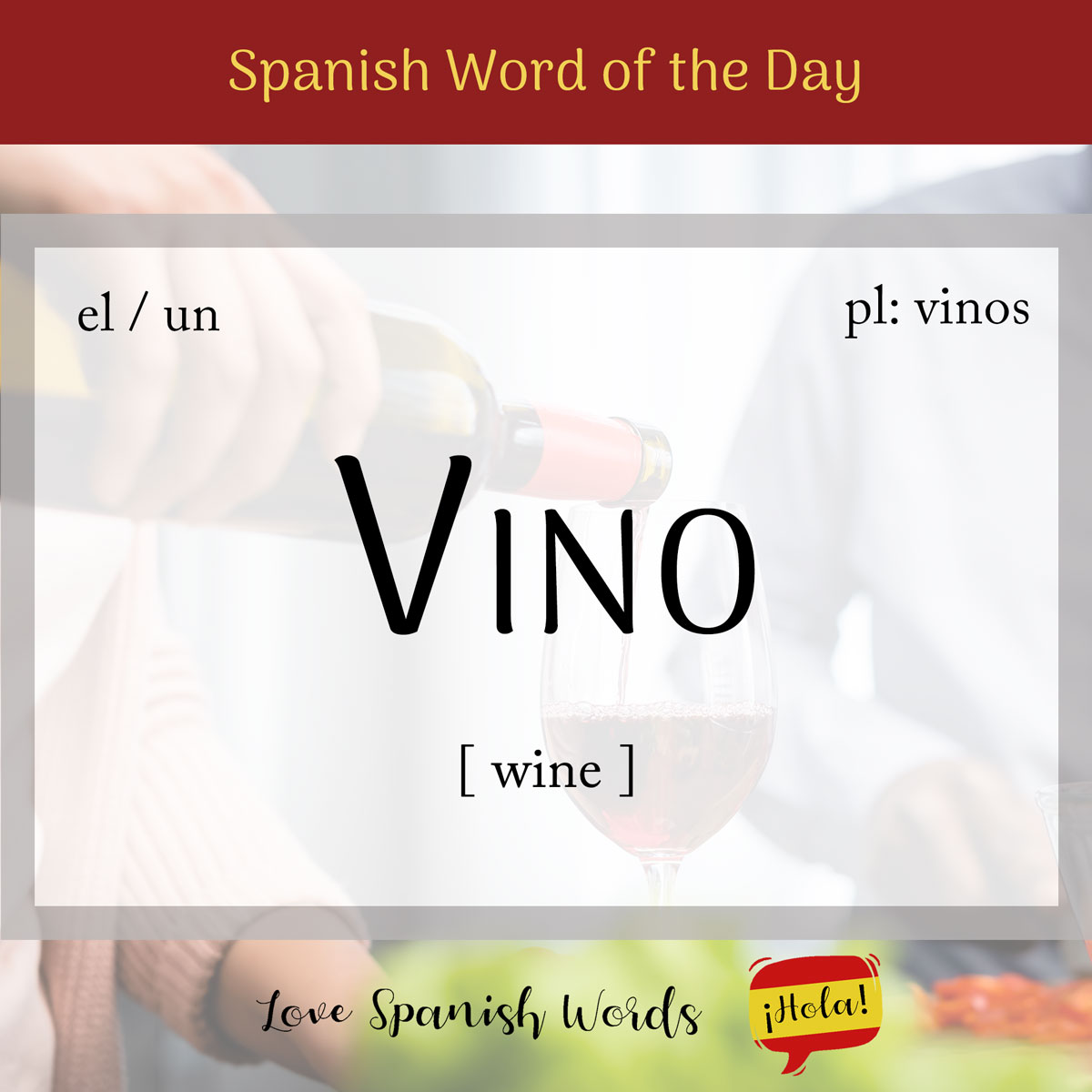Spanish Word of the Day: Carrera (race / degree / career)
Ready, set, go! Carrera is a versatile word in Spanish with various meanings, all linked by the idea of a journey or course with a start and finish. Whether you’re talking about a race, a university degree, or a career path, this term captures the essence of progress toward a goal. Latin American Pronunciation European …


